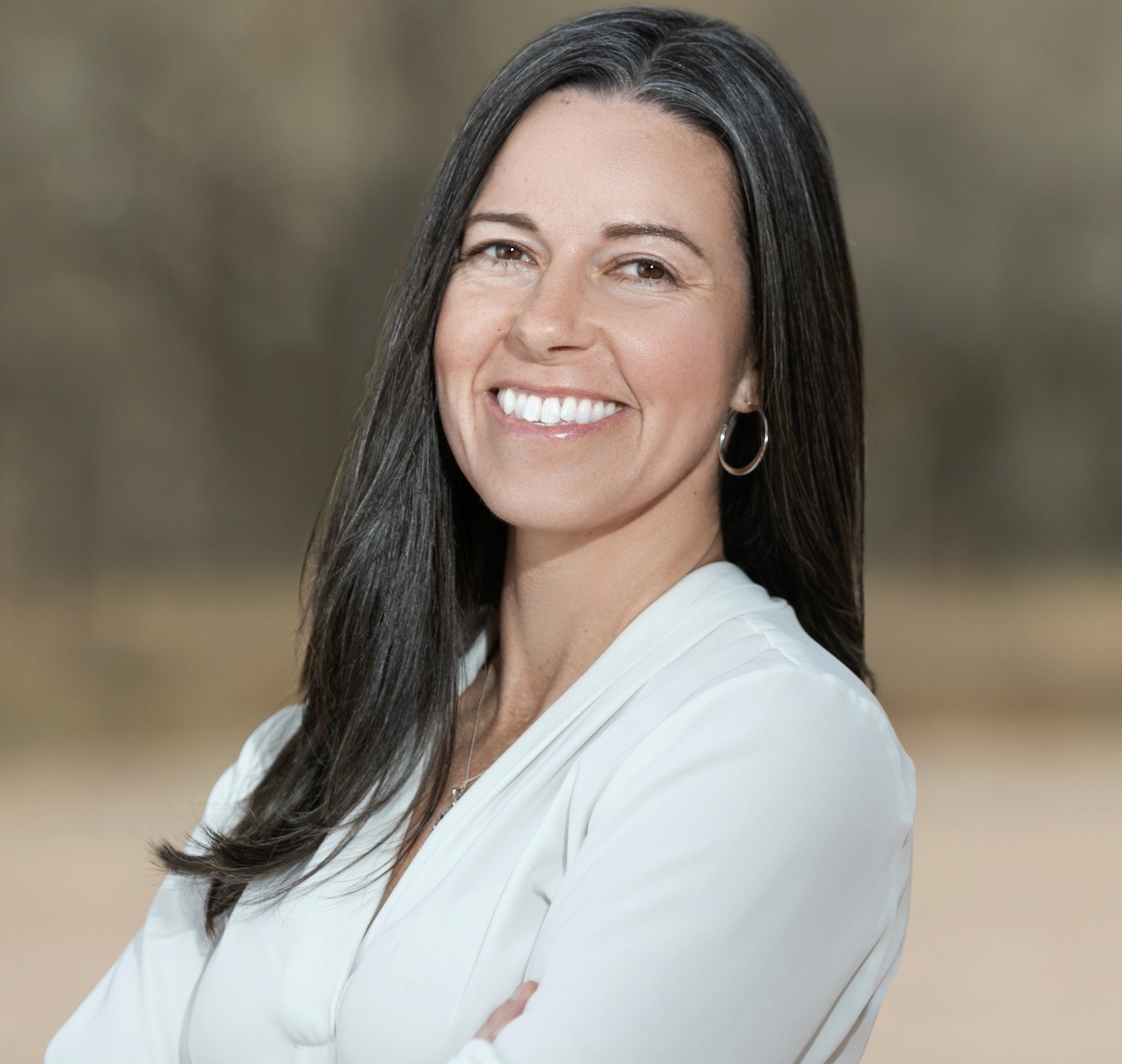Psychology
What Recovery Will Look Like in 2030: Predictions from the Front Lines

Sep 1, 2025
Recovery in 2025 still looks remarkably similar to recovery in 1985. Scheduled appointments. Support groups meeting in church basements. One-size-fits-all treatment programs. A healthcare system that waits for people to hit rock bottom before offering help.
But we're standing at the edge of a revolution.
The same technologies that have transformed every other aspect of our lives—artificial intelligence, continuous monitoring, personalized medicine, digital communities—are finally converging on addiction treatment. And the changes coming in the next six years will fundamentally reimagine what recovery looks like.
Here's what we're seeing from the front lines of innovation, and where it's all heading by 2030.
From Episodic Treatment to Continuous Care
Today: You see your therapist once a week. You attend a support group twice a week. Between those moments? You're on your own.
2030: Recovery becomes a continuous conversation. Your AI recovery companion tracks patterns in your sleep, stress, location data, and digital behavior—not to spy on you, but to understand your unique relapse risk signature. It notices when your screen time spikes, when you start visiting locations associated with past use, when your text patterns suggest emotional distress.
Instead of waiting for you to reach out in a crisis, your system reaches out to you: "I noticed you've been staying up later this week and your stress indicators are elevated. Want to talk through what's going on?"
This is personalized and intuitive. Like having a recovery coach who actually knows you, available whenever vulnerability strikes.
The End of One-Size-Fits-All Treatment
Today: Most people get the same 12-step program, the same group therapy format, the same treatment timeline.
2030: Recovery becomes as personalized as your Netflix recommendations—but infinitely more sophisticated. AI analyzes your genetic markers for medication response, your behavioral patterns for relapse triggers, your social network for support strengths, and your learning style for optimal intervention delivery.
Some people will thrive with peer support. Others need intensive behavioral modification. Some respond to mindfulness-based approaches, while others need trauma-informed care. By 2030, your treatment plan isn't based on what residential bed is available—it's based on what your unique brain and situation actually need.
We'll see the emergence of "digital phenotyping" for addiction; that is continuous data collection that creates incredibly precise pictures of individual risk and recovery patterns. Your phone already knows more about your daily habits than your therapist does. Soon, it'll know how to help you change them.
The Democratization of Elite Treatment
Today: The best addiction treatment is available to those who can afford $30,000-a-month residential programs. Everyone else gets whatever their insurance covers.
2030: Advanced therapeutic interventions become available to anyone with a smartphone. AI delivers personalized cognitive behavioral therapy that adapts in real-time to your responses. Virtual reality provides exposure therapy for triggers in safe, controlled environments. Biomarker tracking offers the same precision medication management once reserved for luxury treatment centers.
The gap between premium and standard care will disappear. Quality addiction treatment becomes a public good, not a luxury service.
Prediction and Prevention Over Crisis Response
Today: Most treatment happens after someone has already lost their job, their relationships, or their health to addiction.
2030: We intercept addiction before it takes everything. Continuous monitoring identifies patterns months before they become crises. AI recognizes the early signs: changes in sleep patterns, social isolation, shifts in digital behavior, stress biomarkers.
Instead of waiting for someone to lose everything and then try to rebuild, we catch them while they still have something to protect. Recovery starts from a position of strength, not desperation.
Imagine receiving a gentle notification: "Your stress patterns this month look similar to ones we've seen predict increased substance use in others with similar profiles. Let's work on some coping strategies now, while things are manageable."
The Evolution of Community
Today: Support groups meet in specific places at specific times. If you can't make it, you're out of luck.
2030: Recovery communities exist in persistent digital spaces that blend the intimacy of in-person connection with the accessibility of online platforms. AI facilitates meaningful matches between people based not just on substance of choice, but on personality, values, life stage, and recovery goals.
Support becomes available 24/7, but it's not just AI—it's a hybrid ecosystem where human wisdom and digital accessibility create something more powerful than either alone.
Integration with Whole Health
Today: Addiction treatment happens in isolation from the rest of healthcare. Your therapist doesn't talk to your primary care doctor. Your psychiatrist doesn't know about your heart issues.
2030: Recovery becomes seamlessly integrated with all aspects of health and life. Your addiction care team includes AI agents that coordinate with your mental health providers, your primary care physician, your employer wellness program, and even your financial advisor.
Sleep problems that trigger cravings get addressed immediately. Chronic pain that leads to prescription drug misuse gets managed proactively. Work stress that contributes to drinking gets handled through employer partnerships with your recovery team.
Recovery stops being this separate, stigmatized corner of healthcare and becomes part of comprehensive wellness.
The Biomarker Revolution
Today: We have no objective way to measure addiction or recovery. Everything relies on self-reporting and subjective observation.
2030: Continuous biomarker monitoring provides objective measures of stress, craving intensity, and recovery progress. Wearable devices track cortisol levels, heart rate variability, and other physiological markers that predict relapse risk.
More importantly, we'll have biomarkers for recovery itself—objective measures of neural healing, stress resilience, and emotional regulation. For the first time, we'll be able to say definitively: "Your brain is healing. Here's the proof."
New Economic Models
Today: Treatment is expensive and often not covered by insurance. Providers get paid for time spent, not outcomes achieved.
2030: Value-based contracts become the norm. Providers get paid for keeping people sober, not for the number of sessions they deliver. This fundamental shift in incentives drives innovation in effective, efficient interventions.
Digital therapeutics become prescription medications covered by insurance. AI recovery coaching gets reimbursed like any other medical device. The economic barriers that keep 95% of people from getting help start to crumble.
The Human Element Evolves
Today: Therapists spend most of their time on paperwork, scheduling, and routine check-ins.
2030: Human clinicians focus entirely on what humans do best—building relationships, handling complex trauma, making nuanced clinical decisions, and providing the emotional connection that makes recovery meaningful.
AI handles the routine work, but humans handle the soul work. One therapist can effectively support many more people because they're supported by AI that never sleeps, never gets overwhelmed, and never loses track of important details.
The result is more meaningful human connection, enhanced by technology that makes every interaction count.
What This Means for You Today
These changes are already beginning. Early versions of personalized AI recovery support, continuous monitoring, and integrated care are available now. By 2030, they'll be refined, proven, and accessible to everyone.
If you're struggling with addiction today, you don't have to wait six years for better solutions. The foundation of future recovery—continuous support, personalized intervention, non-judgmental guidance—is being built right now.
But here's what won't change: Recovery will still require courage, commitment, and community. Technology will make the path clearer, the support stronger, and the help more accessible. But the decision to walk that path will still be profoundly, beautifully human.
The future of recovery isn't about replacing human connection—it's about making sure that connection is available to everyone who needs it, whenever they need it, in whatever form will help them most. 🌻






